By Marie I. George, Ph.D.

The author of the article, Marie I. George, Ph.D., Professor of Philosophy at St. John’s University in New York City
I intend to focus primarily on two aspects of Pope Francis’ lengthy and much discussed encyclical Laudato Si’: its continuity with and development of Catholic teaching on the environment, and the life-style changes it urges upon us.
First a brief overview: The encyclical is divided into six chapters, the first of which explains the motive for the encyclical: “…our common home is falling into serious disrepair.” The second, “The Gospel of Creation,” explains why this should be of concern to Catholics, and indeed to all Christians, by considering our place in creation. The third chapter covers the roots of our collective failure to be stewards of creation. The fourth chapter ties together social and environmental problems. The fifth chapter suggests solutions to environmental problems at the national and international levels. The final chapter, drawing on the Christian spiritual tradition, offers guidelines for educating people in regard to proper treatment of the environment.
In Chapter 1, “What is Happening to Our Common Home,” Pope Francis refers to the environmental problems specific to our day and how they impact especially the poor: pollution, climate change, scarcity of drinking water, loss of biodiversity, and human isolation from nature. While the categorical endorsement of the claim of many scientists that “most global warming in recent decades is due to the great concentration of greenhouse gases… released mainly as result of human activity” (par. 23) seems to run counter to the later assertion that “the Church does not presume to settle scientific questions” (par. 188), in any case, this is no reason to set aside the fact that numerous unambiguous misuses of the environment are currently causing serious harm to human beings and other living creatures.
Chapter 2 reiterates the Church’s longstanding theology of creation. Creation belongs to God who entrusts it to us to have a dominion over it; this involves cultivating the earth to satisfy human needs and keeping the earth by protecting and preserving it, both because of the inherent goodness of the creatures it contains and because these diverse creatures give glory to God and lead us to knowledge of God. Contrary to what some environmentalists maintain, human beings are not just one species among others, but rather the existence of each individual human “presupposes a direct action of God and a particular call to life” (par. 81).
This does not mean, however, that we can use other creatures in any way we please; our use of them must respect their intrinsic goodness, which reflects something of God’s goodness.
Our use of the earth must also take into account that God has intended it for the sustenance and well-being of the entire human family; whence our responsibility to insure that our use of earthly goods does not deprive others of what they need. In this regard Pope Francis references the New Zealand bishops’ rhetorical question as to what “Thou shall not kill” means when “20% of the world’s population consumes resources at a rate that robs the poor nations and future generations of what they need to survive” (par. 95). Thus, as the Pope later notes: “Living our vocation to be protectors of God’s handiwork is essential to a life of virtue; it is not an optional or a secondary aspect of our Christian experience” (par. 217).
Chapter 3 names, as two of the primary root causes for why we fail to properly care for the environment, a love of technology coupled with a desire to maximize profits that sidelines moral reflection. The result is that resources are exploited and a technological paradigm is created, i.e., one where it seems we cannot live happily without certain products of technology, even though other people live in situations of “dehumanizing deprivation.” The Pope astutely notes that the internet culture can foster this love of technology decoupled from ethics: “When media and the digital world become omnipresent, their influence can stop people from learning how to live wisely, to think deeply and to love generously” (par. 47).
The other root cause of our misuse of the environment is “practical relativism” which consists in measuring the value of both things and persons in terms of how they serve us: “In the absence of objective truths or sound principles other than the satisfaction of our own desires and immediate needs, what limits can be placed on human trafficking, organized crime, the drug trade, commerce in blood diamonds and the fur of endangered species? Is it not the same relativistic logic which justifies buying the organs of the poor for resale or use in experimentation, or eliminating children because they are not what their parents wanted?” (par. 123)

Chapter 5 talks about solutions that need to be sought at an international level; e.g., industrialized countries need to help developing countries transition to less polluting forms of energy, and better governance of the oceans is needed. One might question, however, the wisdom of affirming “there is urgent need of a true world political authority” (par. 175) in light of events such as the UN Human Rights Council attempting to assert that abortion is a human right. Chapter 5 also talks about solutions to be sought at a national level, noting that politicians and business persons need to overcome the temptation to seek their short term advantage in place of making needed changes in environmental practices. (The Pope later signals our responsibility to be conscientious consumers. By boycotting products, we may convince business to engage in better environmental practices.)
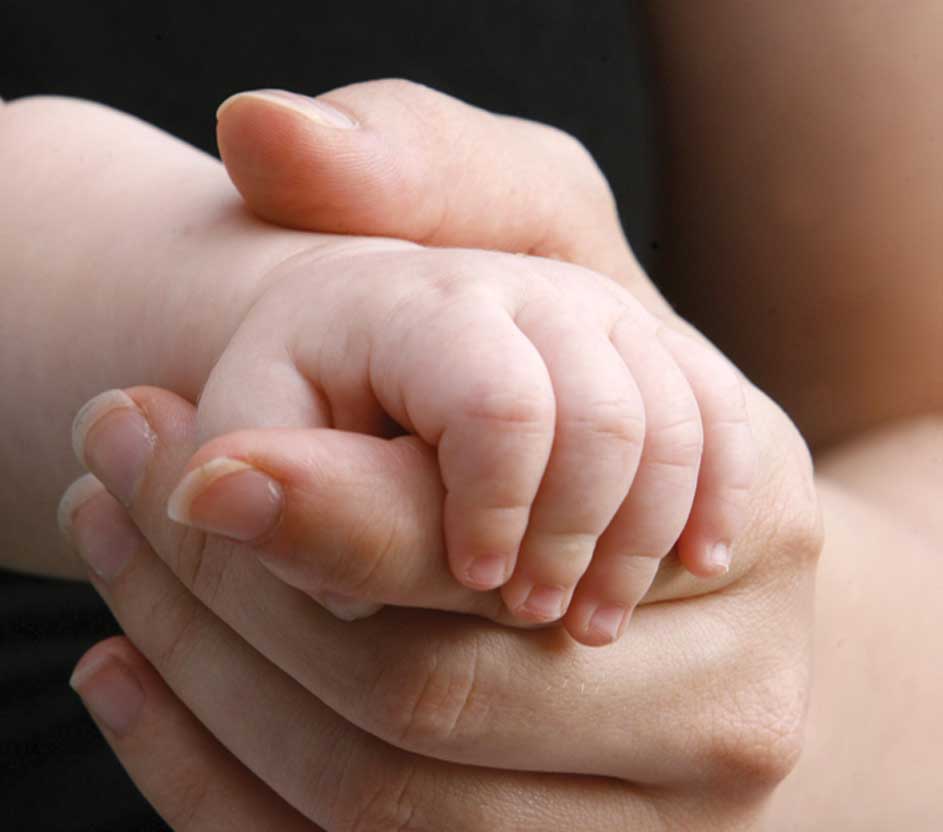
A final observation is that the importance Pope Francis places throughout the encyclical on the cultivation of an appreciation for beauty is a welcome development of Catholic thought on the environment: “…‘the relationship between a good aesthetic education and the maintenance of a health environment cannot be overlooked.’ By learning to see and appreciate beauty, we learn to reject self-interested pragmatism. If someone has not learned to stop and admire something beautiful, we should not be surprised if he or she treats everything as an object to be used and abused without scruple” (par. 215).
Marie I. George, Ph.D. is Professor of Philosophy at St. John’s University, New York and author of Stewardship of Creation: What Catholics Should Know about Church Teaching on the Environment (2009). She frequently writes and speaks on Catholic environmentalism.




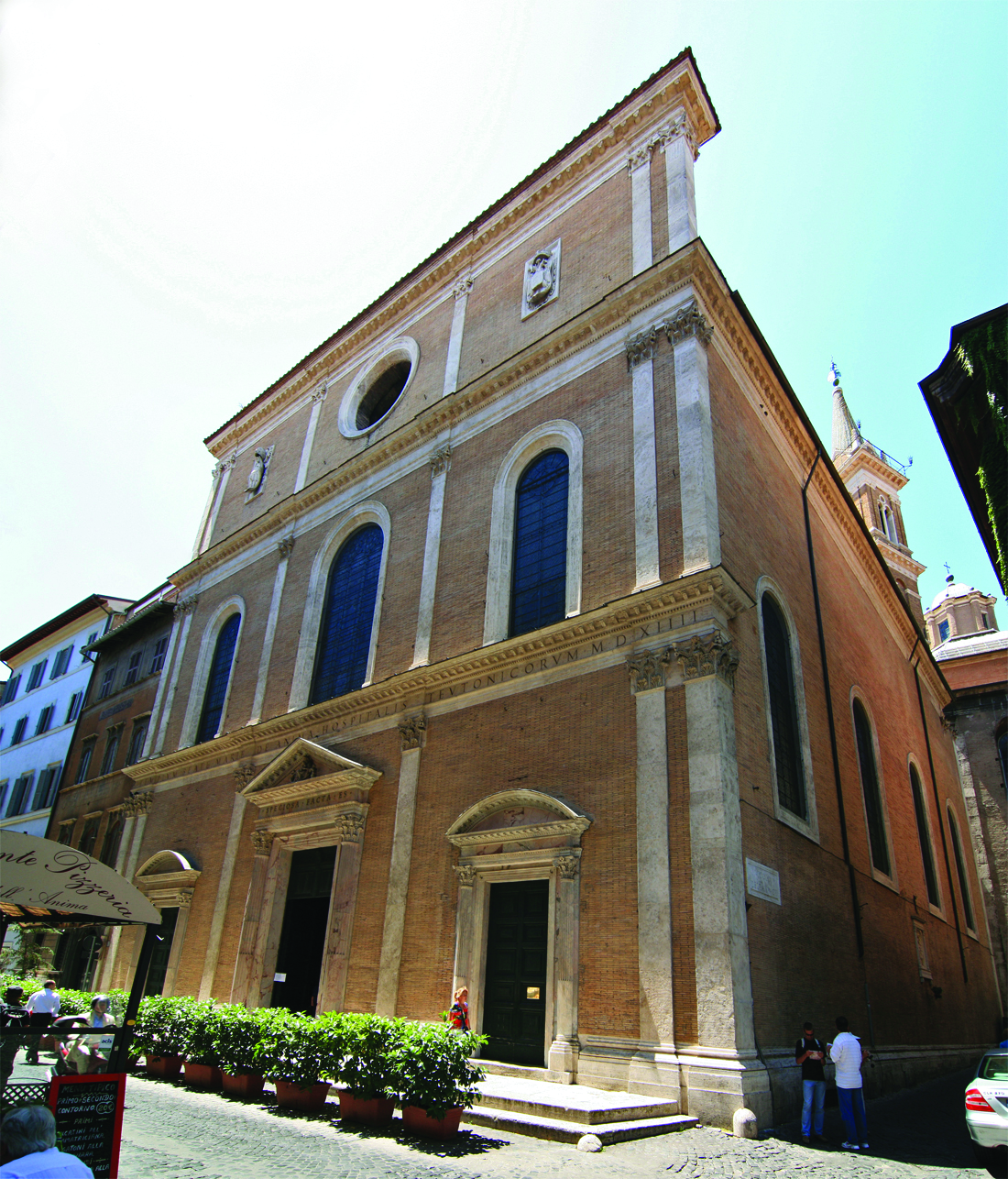
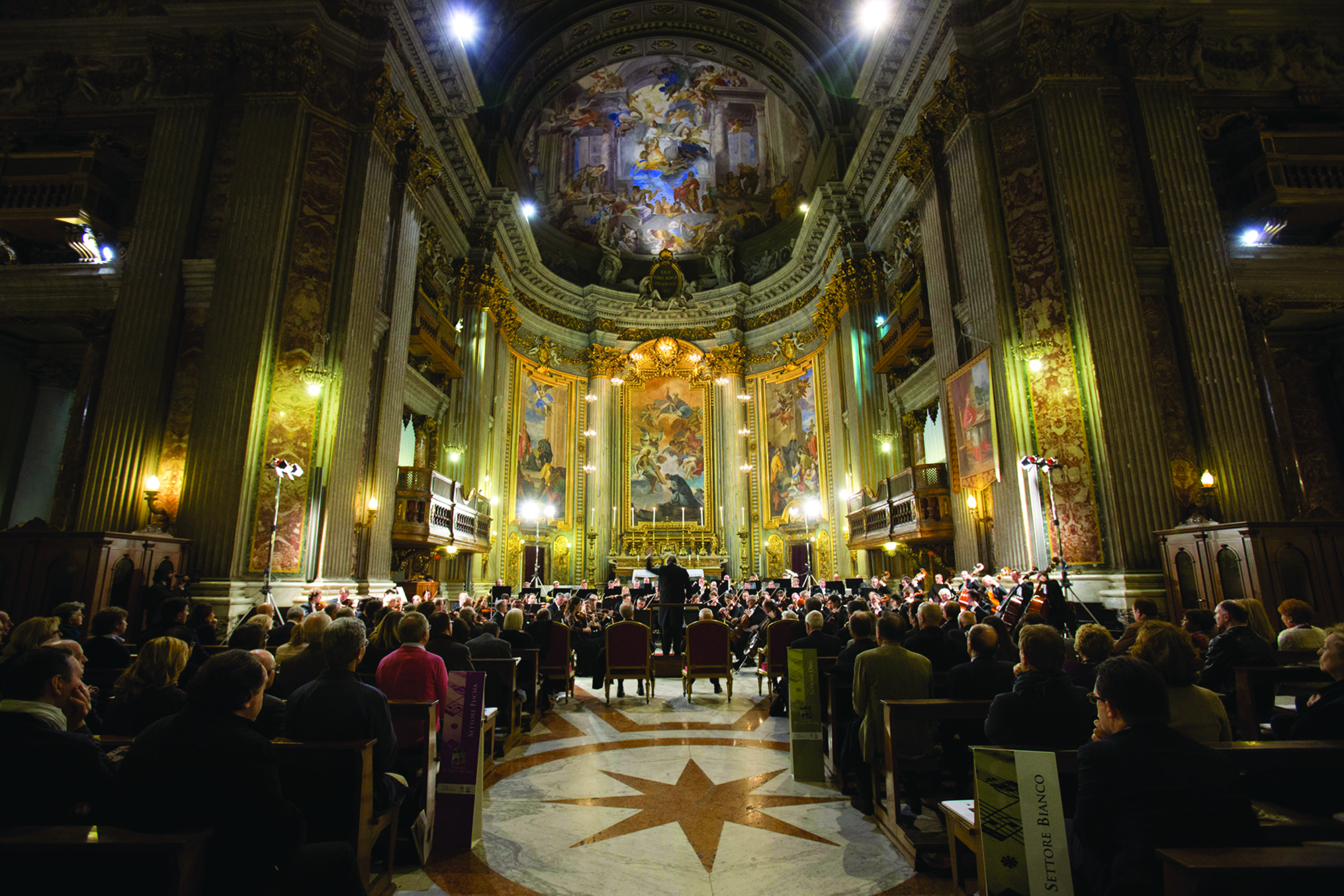
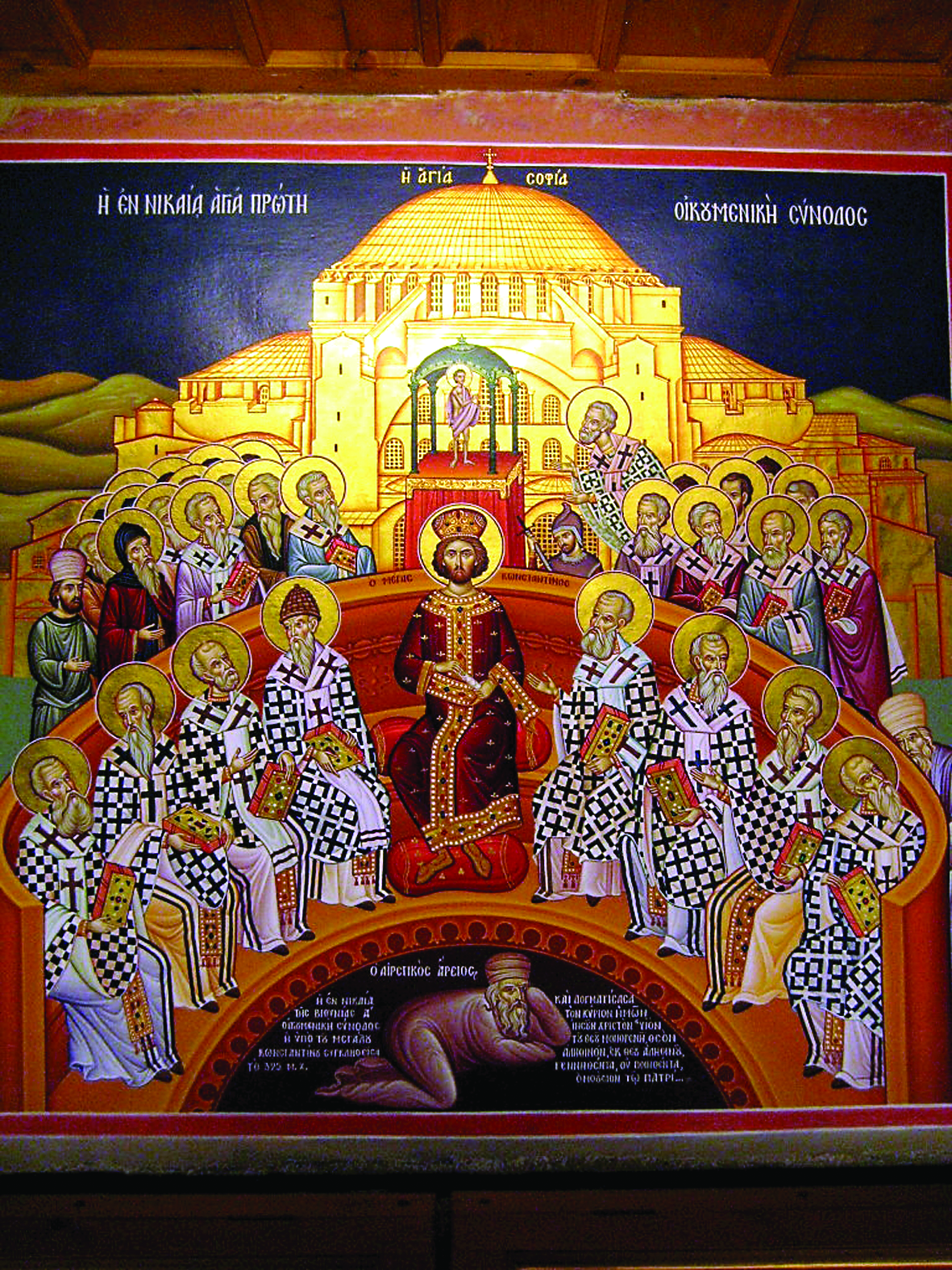
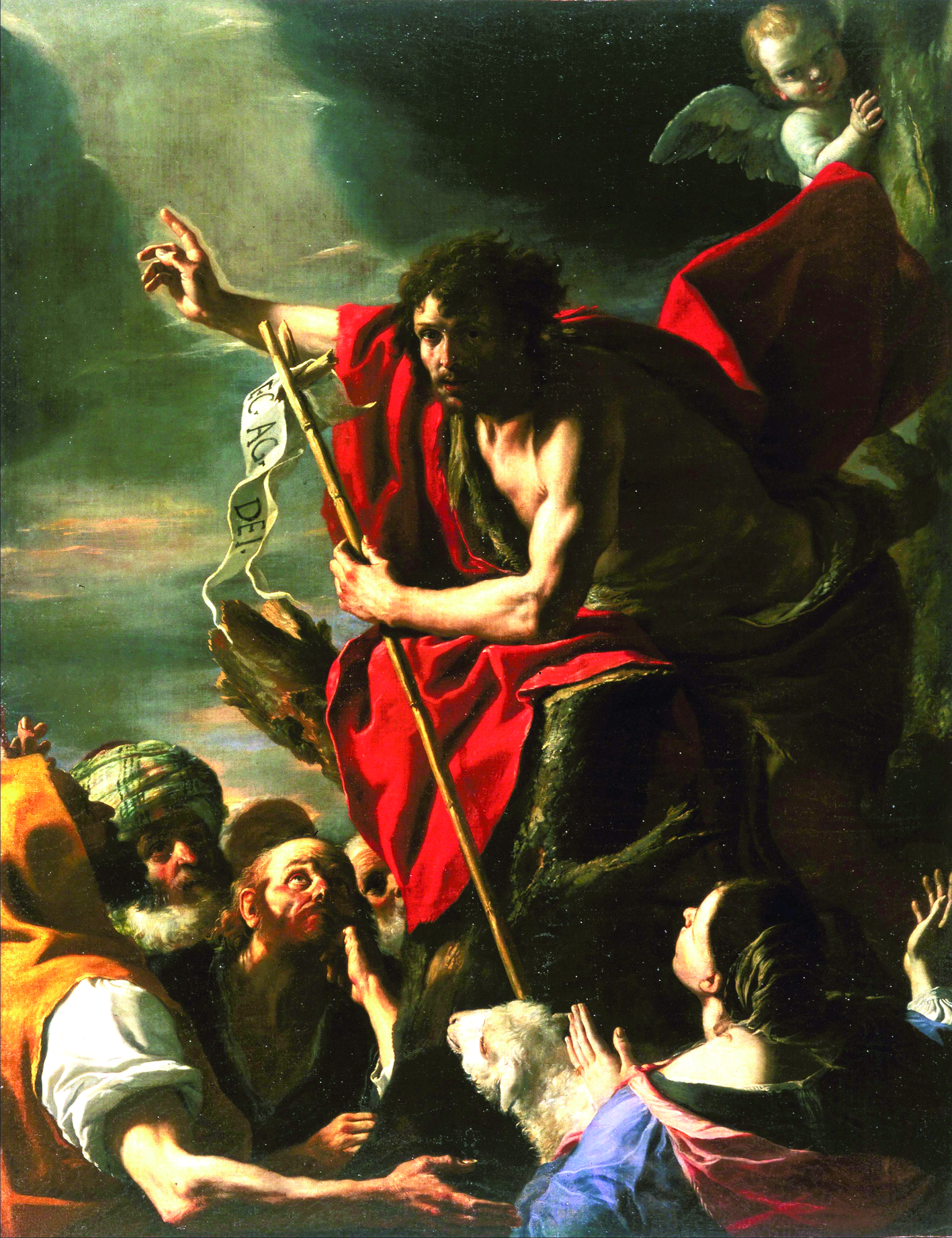
Facebook Comments